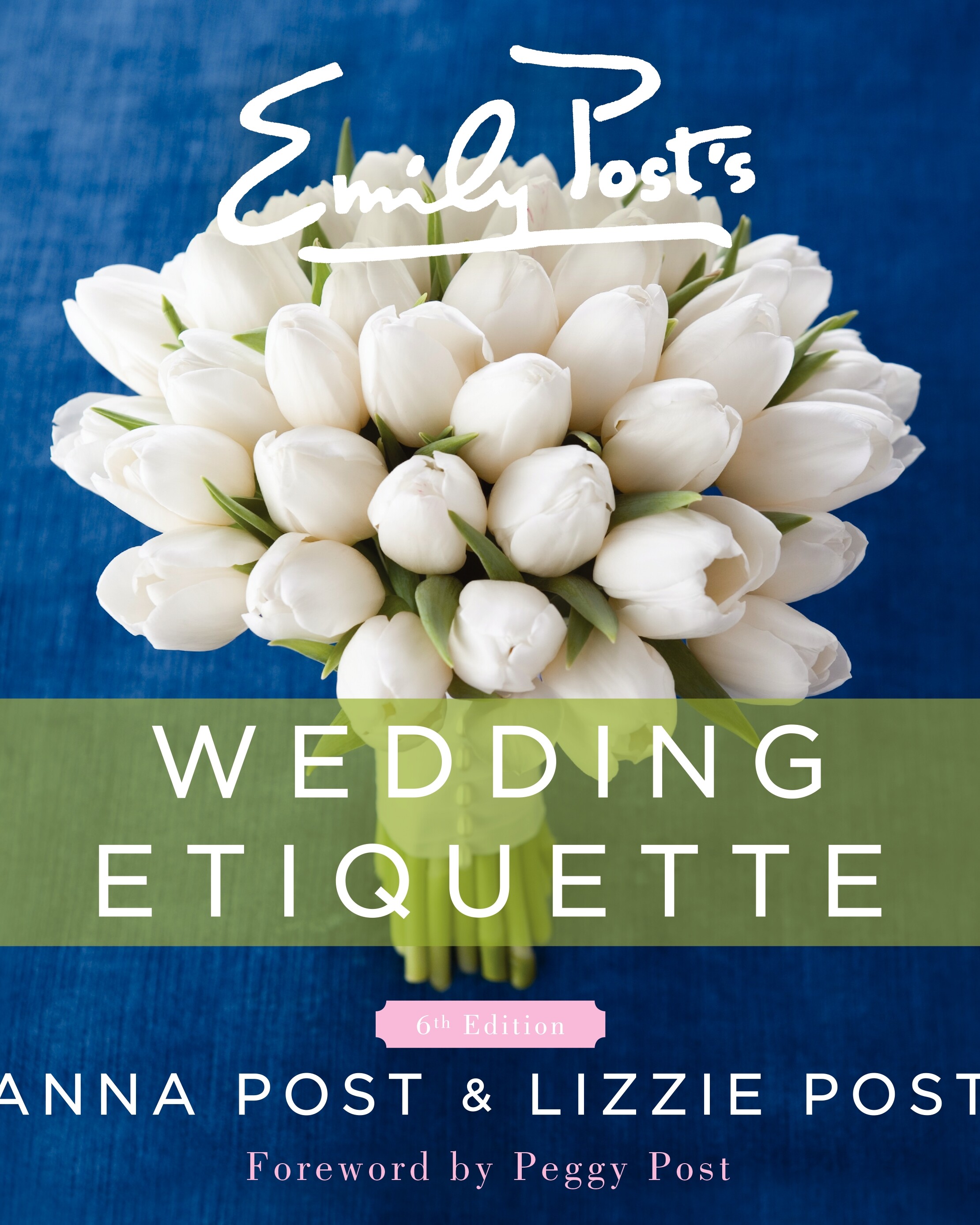
Vermont Vows: Here Comes the Groom
There was an old saying, "A man never knows how unimportant he is until he goes to his own wedding." It was ALL about the bride. Today, many men are more interested in making the wedding a shared experience, a day for the bride and groom to celebrate—and be celebrated—together. And most harried brides—and their harried mothers—will be grateful for the help and input. From personalizing the ceremony and the vows, choosing music that has special meaning, accompanying his fiancee on her wedding errands, planning and event for their about-to-be-joined families—the groom can make a significant contribution.
If you are the type of man who would like to be involved, where do you start? Right from the beginning! Today's groom often takes a full partner's role in planning the wedding: choosing the date and the location for the ceremony and the reception; agreeing on a budget; selecting attendants; setting the size of the guest list; and agreeing on the style of the wedding (formal, informal, themed, religious, secular). He attends meetings with caterers and other service providers to iron out the details. He spends time with the bride making gift registry selections and he shares in writing the thank-you notes.
There is one area where you, the groom, can be of invaluable help: include your parents, especially your mother, in the planning. Because she does not have the duties of the mother of the bride, the mother of the groom may feel a bit left out of all the planning hoopla. Be a good communicator. Keep your mother up to date on all the details of the wedding plans, and make sure she knows that her input and advice are welcome and valued.
A Groom's Traditional Duties
Although one mother of the bride told her future son-in-law, "You only have one job: Show up on time," today's grooms have a few more duties on their list.
- Selecting the engagement ring—these days brides may also be involved in choosing the engagement ring
- Choosing his wedding party: best man, groomsmen, and ushers
- Choosing the attire for the groom's wedding party—in keeping with the style of the wedding
- Selecting thank you gifts for his wedding party
- Arranging, and paying for, lodging for his wedding party
- Selecting a gift for his bride
- Compiling the groom's part of the guest list and making sure that his parents provide their guest list
- Planning the honeymoon—today, this is more of a joint venture
- Choosing wedding bands together
- Arranging for and purchasing the marriage license
- Making arrangements for transportation from the ceremony to the reception site, if necessary
- Planning the bachelor party or event (if applicable)
- Giving the ceremony officiant the fee or donation, or arranging for the best man to present such fees
- Standing in the receiving line, if there is one, or—with the bride—being sure to greet all the guests at the reception
- Dancing the first dance with the bride, dancing with the couple's respective mothers and the maid/matron of honor
Creating Your Signature Style
Today's grooms are not only allowed to express individuality in their attire, they're encouraged to do so! And though it seems brides get to have all the fun when it comes to dressing for the big day, here are some interesting options to ensure you're as dapper as can be:
Incorporate a family heirloom: Wear a necktie, tie clip, or cuff links that might have played a significant role in a family photo or special occasion. Perhaps start a new tradition and create your own family heirloom—use fabric left over from alterations made to your bride's gown to create a matching bow tie, cummerbund, or pocket square.
The Groom's Toast
Tradition has it that toasting is the groom's domain. The toasts usually occur during the reception or rehearsal dinner. At the reception, the best man leads the toasting. The groom's toast can come any time after the best man has made his toast. Most likely, though, the parents of the bride and groom will make toasts ahead of the groom. At the rehearsal dinner, the host of the dinner, traditionally the grooms father, makes the first toast. After that, the floor is open and the groom can stand to make his toast.
Making a Good Toast
Unless you are a comedian or politician, don't try to wing it! Prepare some notes ahead of time, memorize your words and then practice them—out loud. It is fine to use your notes during your toast. When it is time, stand up and take the microphone, if there is one. If you are making the toast with your bride, don't speak in unison. Take turns.
The Basics...
- Keep it short
- Be sincere
- Thank everyone for coming, including your parents and hers
- Share brief personal (not too personal!) stories of experiences shared with your bride, but don't tell embarrassing stories or go on and on
- Turn to your bride and look her in the eye, tell her how proud you are to be her husband, how happy you are today and how much you love her
Article originally appeared in Vermont Vows Spring/Summer 2006









